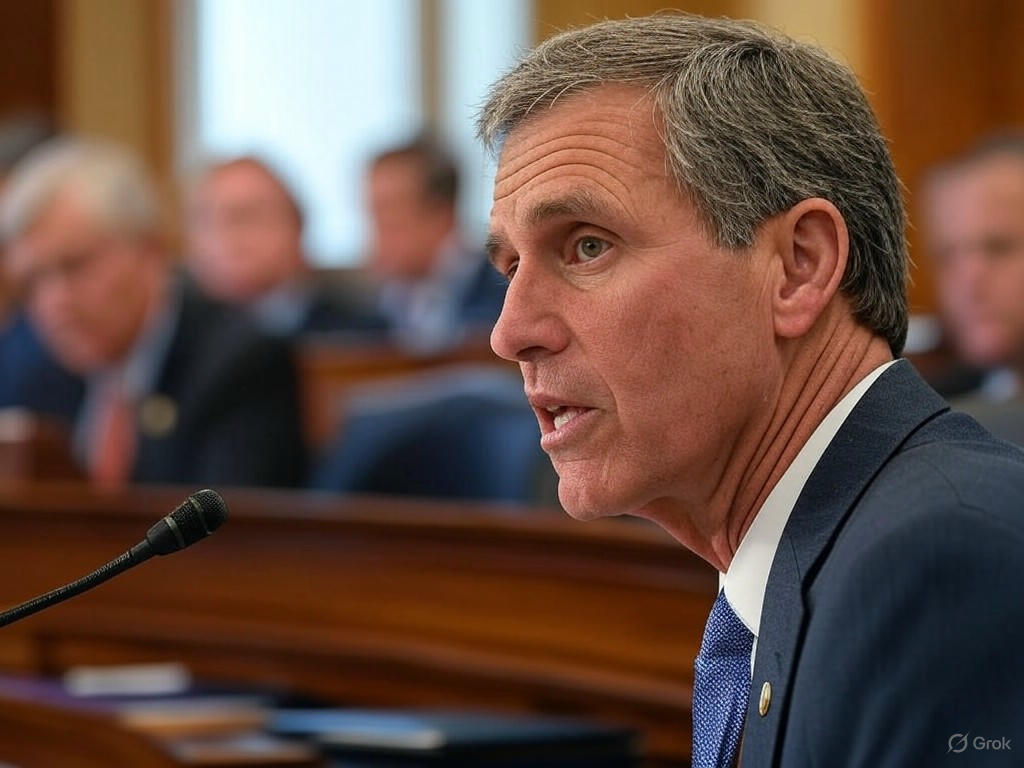In a surprising turn of events, the U.S. Senate has passed the GENIUS Act, a landmark piece of legislation aimed at creating the first-ever regulatory framework for stablecoins, a type of cryptocurrency designed to maintain a steady value. This development marks a significant step forward in the government’s efforts to bring order to the often chaotic world of digital currencies. Despite lingering concerns over potential corruption and misuse in the crypto sector, the bill garnered bipartisan support, a rarity in today’s polarized political climate. The passage of this act on June 18, 2025, signals a growing recognition among lawmakers of the need to balance innovation with consumer protection in the rapidly evolving financial technology landscape.
Stablecoins, unlike more volatile cryptocurrencies such as Bitcoin, are pegged to traditional assets like the U.S. dollar, making them a popular choice for transactions and a potential bridge between conventional finance and the digital economy. However, their rise has not been without controversy. Critics argue that without proper oversight, stablecoins could be exploited for money laundering or fraud, while others point to past scandals in the crypto industry as a cautionary tale. Despite these concerns, proponents of the GENIUS Act believe it strikes the right balance by imposing strict transparency requirements and reserve audits on stablecoin issuers. The bill also mandates that these companies maintain adequate liquidity to protect users in the event of a market downturn, addressing fears of systemic risks that could ripple through the broader economy.
The road to passing the GENIUS Act was not without hurdles. Some senators expressed reservations about moving too quickly on regulation, citing the risk of stifling innovation in a sector that has the potential to revolutionize global finance. Others raised alarms about alleged ties between certain crypto firms and political lobbying efforts, fueling debates over whether the industry’s influence could undermine the integrity of the legislative process. Yet, in a rare display of unity, both parties ultimately agreed on the necessity of establishing clear rules of the road. This compromise reflects a broader shift in Washington, where the urgency to address the challenges posed by digital assets has begun to outweigh partisan divides.
As the GENIUS Act moves to the next stages of the legislative process, its passage in the Senate sends a powerful message to the financial world: the era of unregulated cryptocurrencies may soon be coming to an end. Industry leaders have already started weighing in, with some welcoming the clarity that regulation brings, while others warn of potential overreach. For everyday consumers, the implications are equally significant. A regulated stablecoin market could pave the way for safer, more reliable digital transactions, potentially transforming how we save, spend, and invest. While the debate over crypto’s future is far from over, the Senate’s decision to pass the GENIUS Act marks a pivotal moment in shaping the intersection of technology and finance for years to come.
